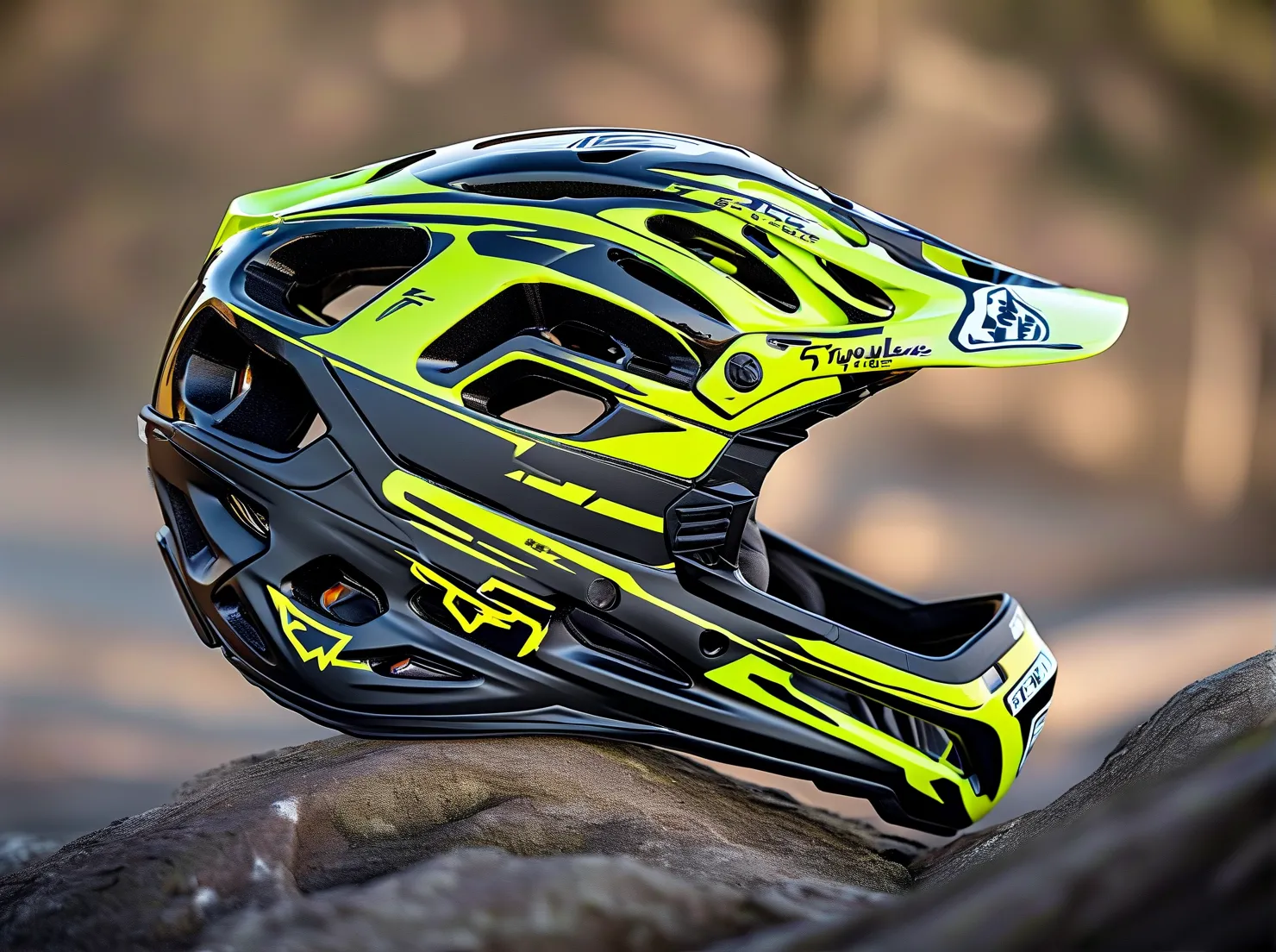Riding a motorcycle offers unparalleled freedom, but it also demands specialized skills to navigate Maryland’s diverse road conditions safely. Enrolling in a Motorcycle Basic Rider Course (BRC) isn’t just about checking a box for licensing—it’s a transformative step toward becoming a confident, responsible rider. Here’s why certified safety training matters and what you’ll gain from Maryland-approved programs.
1. Master Foundational Riding Skills in a Controlled Environment
Maryland’s Basic Rider Course focuses on building muscle memory for real-world scenarios. Certified instructors guide you through clutch control, braking techniques, and low-speed maneuvers using training bikes designed for beginners. Unlike learning through trial-and-error, structured drills—such as figure-eight turns and obstacle avoidance—help riders develop precision. According to the Maryland Motor Vehicle Administration (MVA), 74% of new riders who complete the BRC report feeling “significantly more prepared” for street riding compared to self-taught peers.
2. Learn Critical Safety Strategies Tailored to Local Roads
Maryland’s mix of urban highways, rural routes, and coastal weather poses unique challenges. Certified courses cover region-specific hazards like:
– Navigating Baltimore’s high-traffic corridors
– Handling sudden weather shifts near Chesapeake Bay
– Avoiding deer crossings on Western Maryland backroads
The curriculum aligns with guidelines from the Motorcycle Safety Foundation (MSF), incorporating defensive positioning and visibility tactics proven to reduce collision risks by up to 58% (NHTSA 2022 data).
3. Streamline Your Licensing Process
Maryland offers a waiver for the MVA’s on-cycle skills test upon BRC completion—a major time-saver. Participants still need to pass the written permit exam, but bypassing the road test eliminates scheduling hassles and testing anxiety. Pro tip: Bring your learner’s permit to the course, as instructors often provide test-taking insights during classroom sessions.
4. Boost Insurance Savings & Legal Credibility
Completing an MSF-certified course makes riders eligible for insurance discounts averaging 10-15% in Maryland (based on 2023 insurer surveys). More importantly, documentation of formal training strengthens your position if involved in legal proceedings related to accidents—a key consideration given Maryland’s contributory negligence laws.
5. Access Expert Feedback on Gear & Bike Setup
Courses include hands-on bike inspections where instructors evaluate:
– Proper helmet fitment (3/4 of riders wear incorrectly sized helmets)
– Optimal tire pressure for your weight and bike type
– Mirror positioning to eliminate blind spots
Many training sites also partner with local dealerships to demo ergonomic seats and anti-lock braking systems (ABS), helping you make informed purchasing decisions.
What to Expect During Maryland’s Basic Rider Course
Phase 1: Classroom Fundamentals (6 hours)
– Traffic dynamics specific to MD laws
– Alcohol impairment simulations using “fatal vision” goggles
– Pre-ride inspection checklists
Phase 2: Range Training (10 hours)
– Progressive exercises starting with powerwalking the bike
– Emergency stop drills from varying speeds
– Group ride simulations with instructor radio guidance
Phase 3: Skill Evaluation
– Low-speed control test (cone weaves within 24-foot width)
– Swerve-and-recover assessment at 18-25 mph
– Final knowledge test covering MD-specific lane-splitting rules and helmet laws
Choosing the Right Training Provider in Maryland
Verify that your selected school holds current MSF certification through the MVA website. Top-rated providers like Free State Rider Training and Chesapeake Motorcycle Academy maintain 3:1 student-to-instructor ratios and update curricula annually with input from state troopers. Weekend intensive courses typically cost $280-$350, including bike rental—a worthwhile investment considering repairs for a single tip-over often exceed $500.
By prioritizing certified instruction, Maryland riders gain more than just legal compliance—they build habits that statistically reduce injury severity by 37% in first-year riders (Johns Hopkins trauma center study). Whether you’re eyeing a cruiser for Ocean City weekend trips or a commuter bike for DC beltway travel, foundational training remains the smartest throttle twist you’ll ever make.



Leave a Reply